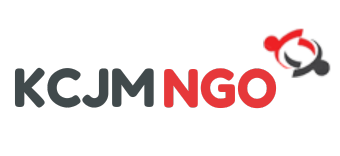Utilisation Certificate is asked by every Funding Agency and CSR funding Corporates. Generally, NGO frequently submits various reports of the implementing of the project including financial spent and position. At the end of the project or year-end, an audited utilisation certificate is asked, which includes expenses spent on the project against budget and remaining fund balance.
No Uniform format for UC
But the problem with UC is that there is no proper format suggested in any act or law. Thus, every auditor issued UC as per their format or funding agency insist in a particular format. This happens with CSR corporate also. And it is very difficult for statutory auditor of corporate to rely upon UC.
ICAI issued Advisory
So, ICAI (Institute of Chartered Accountants) has issued an advisory to its member regarding this recently. In such advisory, it is instructed to member / CAs to provide UC in a particular format of the report which is called “Independent Practitioner’s Report on Utilisation Funds” . Also, ICAI has advised such companies to obtain such Report from NGOs / CSR entity.
Lets talk about Report
It is usual audit report, but includes following :-
- Management (NGO) Responsibility
- Auditor’s Responsibility
- Opinion of Auditor
So, under this report, Auditor has to give audit report after considering following :-
- Checked whether the entity has incurred amounts on the Corporate Social Responsibility (CSR) activities specified in Schedule VII of the Companies Act, 2013.
- Traced and agreed the amounts in the attached Statement.
- Traced the amount spent on CSR activities from the bank statements / cash book of the entity.
- Checked whether amounts spent on CSR activities have been adequately disclosed in the financial statements.
- Obtained written representation from the management of the entity on the total amount unspent and their plan to disburse the unspent amount related to the project
- Tested the arithmetical and clerical accuracy of the Statement
Conclusion
Thus, now onwards, most of corporates will ask NGOs to submit UC in this particular format for CSR projects.







